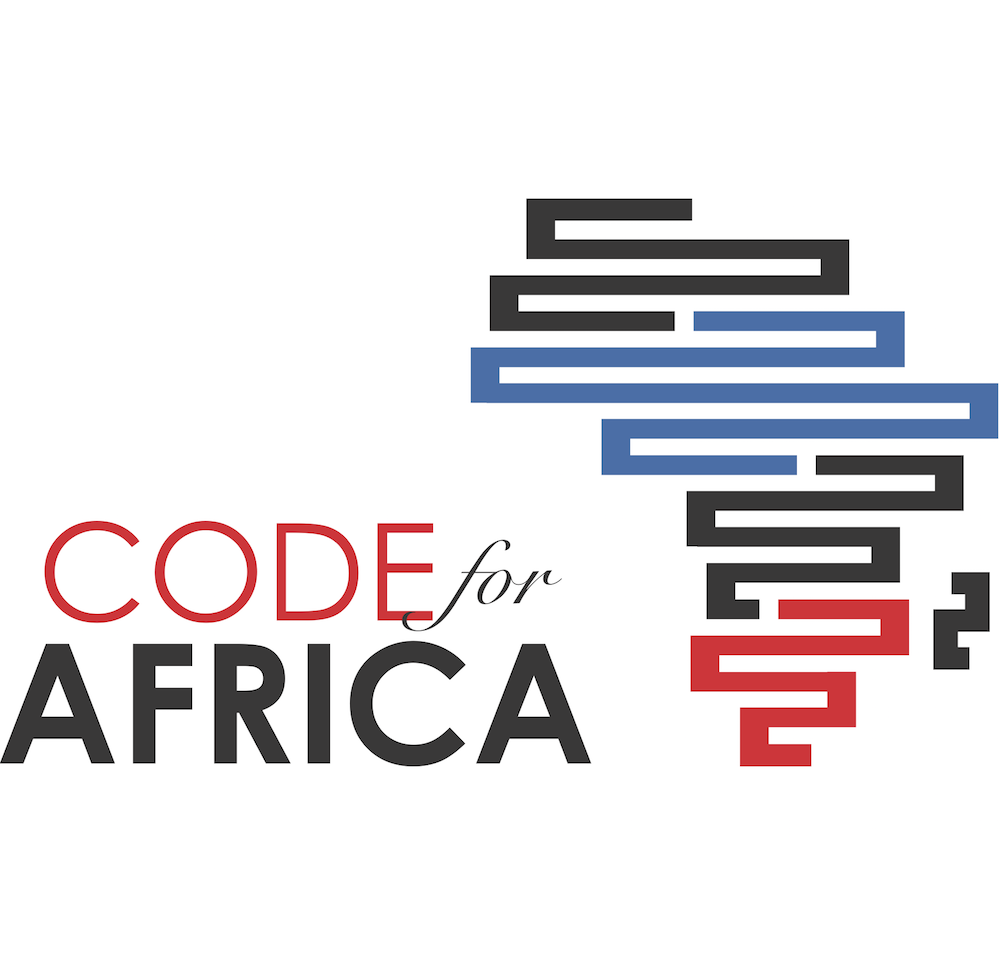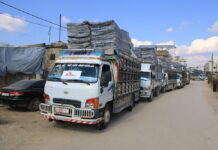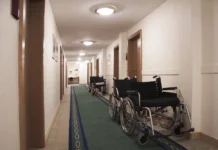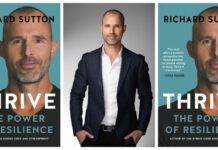A snapshot of the community of Rustenburg shows a place of plenty, also a place of poverty. Â Ufrieda Ho argues that beyond the juxtaposition, a rape crisis runs deep and it means intervention has to be smarter and more adaptive.
Rustenburg’s platinum belt hangs like a sling of promise and wealth over the belly of the North West Province. It’s also a region with the damning distinction of being a place where one in four women says they’ve been raped.
Medecins Sans Frontieres (MSF) carried out a household survey of over 800 women aged between 18 and 49 living in the Rustenburg municipality in 2015. Extrapolating from their survey, their shock finding indicated an estimated 11 000 rapes every year among the population of 550 000 people.
Of the women surveyed, 49% reported experiencing at least one case of sexual violence by an intimate partner in their lifetimes. Fewer than half of rape victims accessed care and about 21% of women said they told no one about their rape. Fewer than one in 10 (8%) reported being raped to the police.
A full 95% did not seek help from health facilities – meaning that they did not get access to services that could prevent HIV and other sexually transmitted infections or pregnancy. According to MSF research, about one-third of women seeking abortions were doing so because they had fallen pregnant after being raped.
MSF also estimates that sexual violence is driving HIV and depression. It estimates that around 6 765 female HIV infections and 5 022 depressions in Rustenburg have their roots in sexual violence. A rape survivor is five times more likely to be depressed and abuse alcohol than someone who has not been raped.
Care services are available, but stigma and prejudice are barriers to access
The sobering data and statistics generated by the survey prompted MSF to set up Kgomotso Care Centres (KCC) in three areas of the Bojanala District in 2015. The aim of these centres is to work with the provincial department of health and prosecuting authorities to provide rape and sexual assault victims with an essential package of care. The MSF has a memorandum of understanding with the Department of Health to run their centres till 2019.
But after two years, the numbers of people through their clinic doors is still very low – around 80 patients a month, which is less than 9% of the estimated number of rape victims.
This has made it clear to the local team of 45 staff in the province that they need to raise awareness about their services, help victims fight deep-seated stigmas and to understand the potential long-term consequences of rape in terms of both medical and psycho-social responses.
“We still need to find the key to unlock the awareness issues around people being able to get help and to access services that are available,†says Dr Poh Fei Wong, MSF project medical referent for the KCC project.
“Rape and sexual assault is very complex, which can mean that rape victims don’t identify as victims so they don’t come forward for treatment or assistance.â€
Treatment programmes have to adapt to local challenges
Rustenburg is not unique in South Africa for its high rape numbers or the fact that sexual violence has become normalised, but MSF’s community survey highlighted the need to factor in local specifics and understand the impacts of perception and prejudices as well as barriers to access.
Some specifics in Rustenburg include high migrant numbers with culturally diverse people flooding the region to look for work on the mines. Within the migrant population, there are both documented and undocumented migrants and within this a high number of transient people.
There are mushrooming informal settlements around the mines that are marked by grinding poverty with limited basic services. There are many female sex workers in the area and women surveyed reported that they are very financially dependent on their partners.
The MSF community snapshot shows up underlying considerations that lead to a reluctance or inability to seek help, entrench stigmas and keep the barrier of a “treatment literacy gap†a reality.
But this means that women miss out on crucial treatment and care, especially within essential treatment windows. For optimal effect, antiretroviral medication should be administered within 72 hours of the rape to prevent HIV, emergency contraceptives need to be taken within five days of the rape, and antibiotics, hepatitis and tetanus injections should also be given as soon as possible after the rape.
“Many people still think rape means a police case when we’re saying it’s a medical emergency,†says Wong. “Women also think that because they don’t have a wound or injury that can be seen, they will just carry on. And many people think that if their rape or sexual assault happened years ago that it’s too late to seek help.â€
In trying to find the model that works, MSF has shifted its current focus to include screening services. Women seeking medical help for other ailments at clinics can be identified for treatment at KCCs. Termination of pregnancy services are also offered to women and rape victims who need them.
MSF has also started a mentorship programmes that gives professional nurses training in elements of forensic nursing. MSF is working with social workers, community health workers and counsellors to identify people in need and to spread the referral network. There is also an MSF schools-based initiative so awareness-building and reliable information-sharing can take root early on.
It’s a multi-pronged, flexible and integrated approach with the view to make rape survivor services an asset, and not something that aims to tick boxes for good-doing.
The MSF essential package of care includes:
- Comprehensive medical assessment, including forensic examination.
- First aid to treat injuries
- Medicine and post-exposure prophylaxis (PEP) to prevent HIV infection and other sexually transmitted diseases.
- Emergency contraception to prevent unwanted pregnancies.
- Vaccinations to prevent hepatitis B and tetanus.
- Psychosocial care (psychological support and social work intervention).
Reporting by Ufrieda Ho for Health-e News. Reporting for this story is supported by Code for Africa’s impactAFRICA fund and the Bill and Melinda Gates Foundation.










